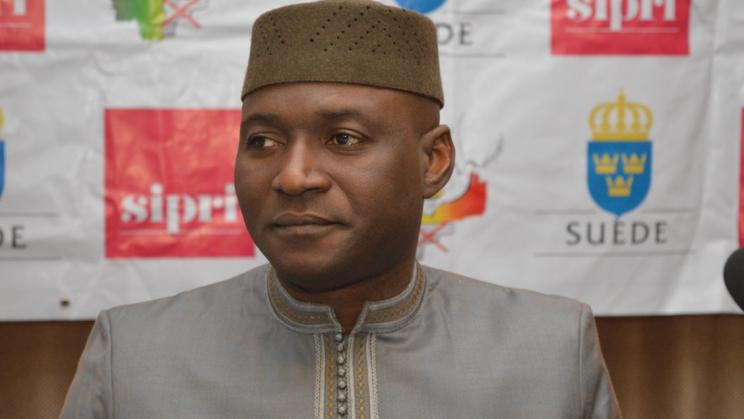
SIPRI and its partner organization CONASCIPAL (National Coalition of Civil Society for Peace and the Fight Against the Proliferation of Light Weapons) launched the preliminary results of their security perception mapping study, covering the whole of Mali.
In a survey-driven bottom-up approach, civil society actors from 9 of the 10 regions in Mali shared their perceptions on the most pressing security issues as well as the role of the security actors in Mali. Focus groups gathered additional perceptions from around 2000 people, to consolidate the data available to the main researchers at SIPRI and CONASCIPAL.
The preliminary findings emphasize that perceptions of insecurity are strongly linked to developmental and economic issues such as unemployment, poverty and access to basic services. The study also highlights the fact that regional and gender-related differences are also important factors in the way that many perceive their security.
Regarding the role and trust of security actors, the preliminary findings indicate that the more local and informal those actors are, the more trust they receive, with civil society organizations, religious institutions and traditional authorities topping the list.
A final report presenting the comprehensive results will be launched later this year.
Further about the study
From October 2016 until March 2017, 105 civil society actors, grouped in 35 Monitoring Groups for Peace and Security (MGPS) completed questionnaires focusing on various aspects of the safety/security dynamics at the local level. Each MGPS is composed of three members: one representative of women civil society organizations, one representative of youth organizations and one notability (traditional leader, religious chief, former mayor, etc.). A total of over 2000 people in Mali were consulted through focus groups, organized by the MGPS.
About the project
The project, Building a lasting peace in Mali: contributions of civil society to security policies for the population (Construire une paix durable au Mali: contributions de la société civile aux politiques de sécurité des populations), collaborates with local stakeholders and civil society organizations in 35 Malian municipalities to monitor and document the security situation, its perceived causes and suggestions for policy action. The project will disseminate its findings through short video films and interviews shared on social media and a White Book to inform national and international policy-makers on challenges, local perspectives and options to address insecurity and other related issues in Mali.
The project is supported by the Embassy of Sweden in Mali.
Follow the project’s activities on Twitter with the hashtags #MaliPaix and #Mali4Peace or on Facebook via SIPRI's Facebook page or CONASCIPAL's Facebook page.